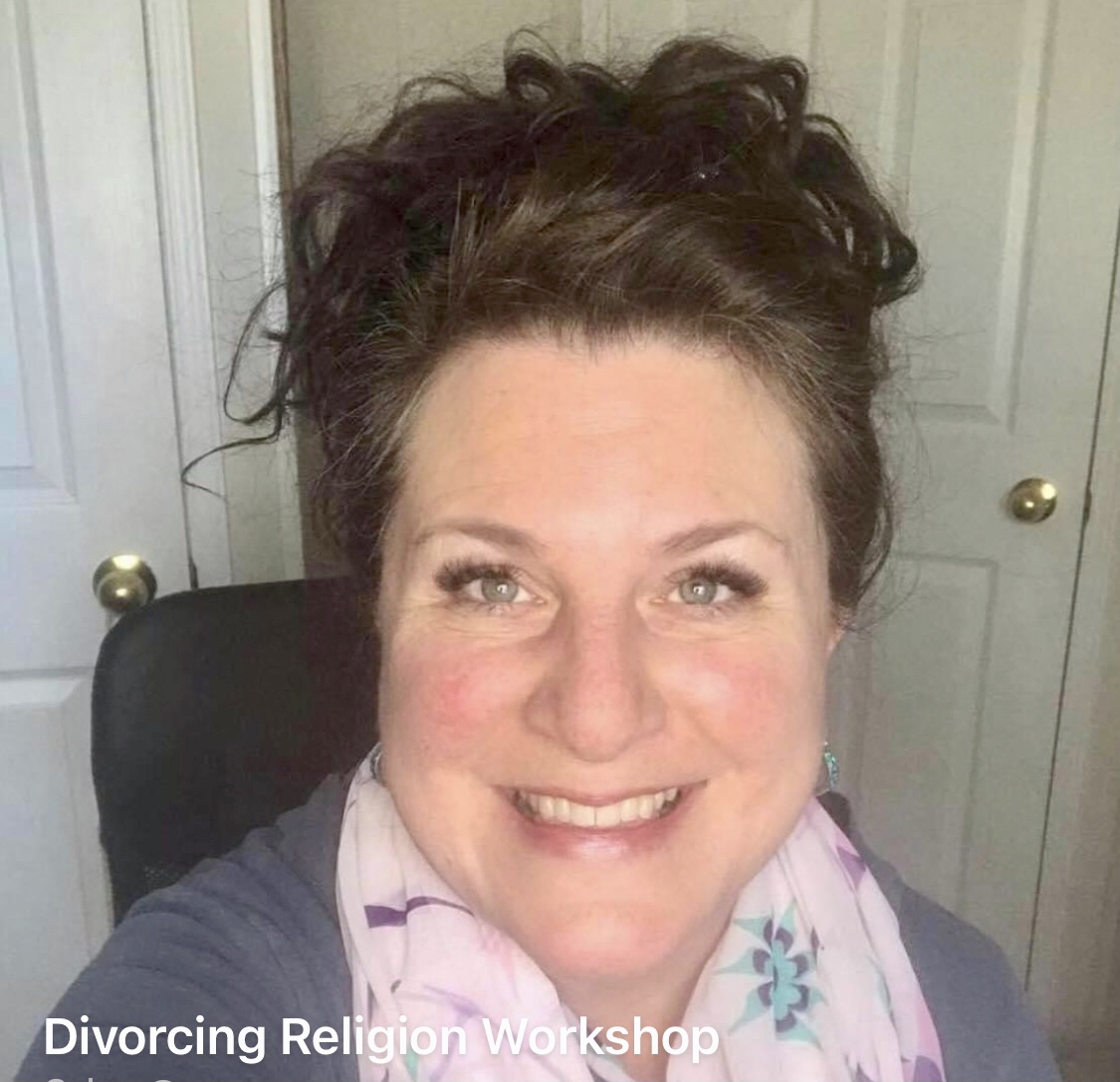Is Religion Actually Traumatizing?
- janice3015
- Jul 24, 2021
- 3 min read
For millions upon millions, the answer is YES. As long as identity remains enmeshed with religious beliefs, however, most fail to make the connection. As one who managed to liberate myself from the confines of my parents' religion, nothing thrills me more than seeing articles heralding the decline of Christianity around the world - especially here in North America.
Too many generations have grown up terrified by the childhood indoctrination of hell, assaulted by the adolescent dogma of Purity Culture, and paralyzed by the pitiful lie that we are nothing without Christ.
IS THERE ANYTHING GOOD ABOUT RELIGION? Not about religion itself, no. But there are some significant psychological and practical benefits related to group membership. It's great to feel seen and cared for, to know that there are people who "have your back" if you're in trouble. Unfortunately, these benefits are entirely conditional when applied to religious communities: They are utterly contingent upon your beliefs remaining in step with church authorities and their interpretation of any given holy book.
Whether you were Baptist or JW, Mormon or Muslim, voicing dissent puts you on the slippery slope to separation from your group.
WHAT ABOUT MORALS? They are not part of religion. Though religionists take great offense at this truth, religion does not equal morality. Is it moral to terrify children who lack the ability to critically discern fact from fiction by threatening them with eternal torture and separation from their caregivers? Is it moral to withhold equal rights based on gender conformity? Is it moral to isolate and shun group members simply because they no longer adhere to religious beliefs? As sickening as it is, this practice is not only encouraged but lauded by groups such as the Jehovah's Witnesses and Amish.
The space where parental compassion ought reside has been hijacked by prideful religiosity and "righteous indignation" over their child's refusal to tow the religious line.
Religious Trauma Syndrome is the term ascribed by psychologist Dr. Marlene Winell to the symptoms suffered both as a result of being part of a rigid religious group and then as a result of breaking away from the group. It is a real double whammy. In high-control fundamentalist groups, much is forbidden and demanded; but this is overlooked as the price of membership. When you did not choose the group but were indoctrinated forcefully by parents, leaving the group does give you your freedom - but costs you virtually every close relationship you have ever had. The psychological effects of both can be devastating. The graphic below is from her book Leaving the Fold: A Guide For Former Fundamentalists and Others Leaving Their Religion.
The truth is, religion holds humanity back. The judgment, fear, guilt, and shame required for religions to be passed on from generation to generation has prevented the evolution of healthy society. In particular, subscribing to Religion keeps people from taking responsibility for their choices (the devil made me do it), being motivated to develop solutions to problems (if God wants it to happen, it will), and even from accepting scientific facts (God said it, I believe it, that settles it).
Having spent most of my life shackled by religion, I have a great understanding of the fear which drives fundamentalists. I was afraid, too - though I would not have called it fear. I witnessed to nonbelievers out of fear for their souls. That fear was called love. I covered my body from head to toe out of fear that I might cause a brother to stumble and thereby heap judgment upon myself. That fear was called respect. I feared and rejected secular influences around my children most of all. That fear was called protection.
It took a long time for me to accept that my own religion, which I thought extremely loving and entirely appropriate (as well as the only Truth) had actually harmed me deeply.
Now I plainly see the Trauma of Religious Trauma Syndrome, and passionately let others know that recovery and healing are possible.
Janice Selbie, RPC, Religious Recovery Consultant

















Comments